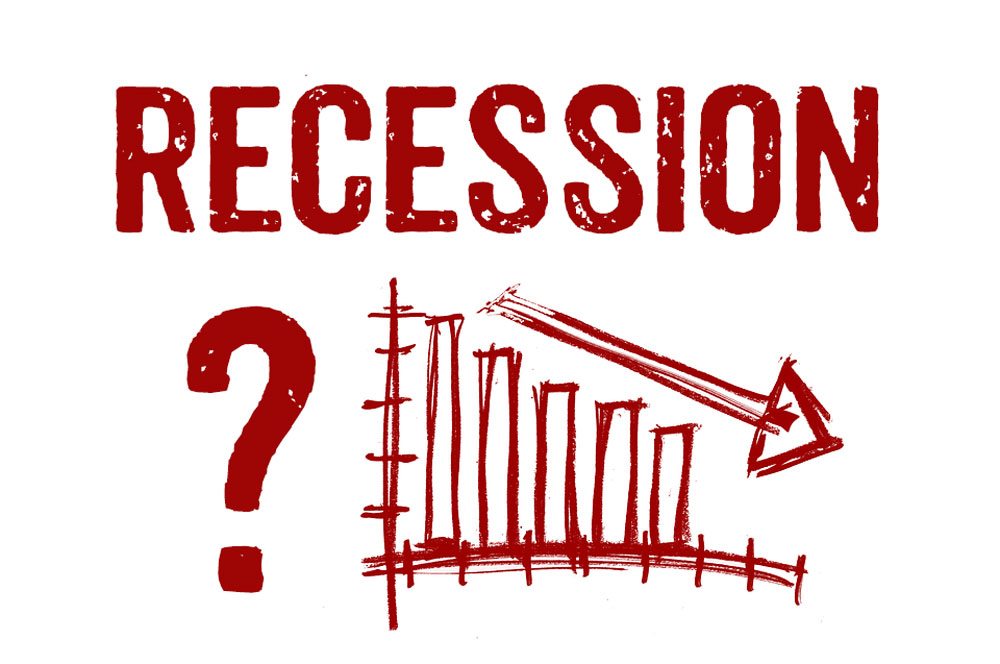商業版塊
Bartleby
巴托比欄目
Waging war on recessions
對經濟衰退宣戰
An early analysis of Denmark’s furlough scheme
丹麥休假計劃初探
Since the emergence of the welfare state, adults who want to work have generally found themselves in one of two positions: earning a wage from their job or receiving unemployment benefits. The pandemic has led many people to find themselves in a halfway stage— furlough. This often involves the state paying a large slice of employees’wages so that firms can keep them on the payroll during the lockdown.
自從福利國家出現以來,想要工作的成年人通常會發現自己面臨以下兩種處境:工作賺取收入或者領取失業救濟金。而這場疫情卻導致很多人發現自己處于中間階段——休假。這通常涉及國家支付員工很大一部分工資,這樣企業就可以在疫情封鎖期間保留員工崗位。

How effective is this approach? A new paper by Morten Bennedsen of INSEAD business school in France and colleagues surveyed 8,781 Danish firms with anywhere between three and 2,000 employees. Around two-thirds of the firms said that the effect of the pandemic on their revenues had been negative, or very negative. Of those companies that had experienced a fall in revenues, the median decline was 35%.
這種方法效果如何?法國歐洲工商管理學院 (INSEAD) 的莫頓·本尼森和他的同事在一篇新發表的論文中對8781家丹麥公司進行了調查,其中這些公司的員工人數在3至2000人。大約三分之二的公司表示,疫情對公司收入造成了負面,或者說是極其負面的影響。那些收入下降的公司中,平均下降幅度在35%。
The Danish government offered a variety of financial-aid programmes to firms, including a furlough scheme which paid 75% of salary costs (subject to a cap) to eligible companies. The academics found that 56% of the firms surveyed had taken some form of government aid and this was true of almost all businesses that had suffered a revenue decline of more than 50%. Unsurprisingly, companies in the most distressed industries were most likely to have taken assistance.
丹麥政府已向公司提供了各類的金融援助項目,包括一項休假計劃,即對符合條件的公司,政府會支付其75%的工資費用(有上限)。學者們發現,在接受調查的公司中有56%已經接受了某種形式的政府援助,幾乎所有收入下降幅度超過50%的企業都是如此。不出所料,行業處境最困難的公司最有可能接受援助。
The aid seemed to work. Firms that received it laid off fewer workers and furloughed more people than firms which received no aid at all. But, as the authors of the study point out, this definition of success might be subject to a selection bias—firms that wanted to furlough workers may have been likelier to apply for aid.
援助似乎奏效了。與根本沒有接受援助的公司相比,接受政府援助的公司裁員更少,休假員工更多。但是正如研究報告的作者指出的那樣,這種對于成功的定義可能會受到一種選擇性偏差的影響——那些想讓員工休假的公司可能更傾向于申請援助。
So they also asked firms a counterfactual question: what decisions would they have taken had they been unable to get aid? On this basis, the researchers estimate that taking the aid increased a firm’s furloughed workers as a share of its total workforce by about 20 percentage points, and decreased the share of laid-off workers by almost the same amount.
因此,他們也會向公司提出一個反事實的問題:如果無法獲得政府援助,他們會做出什么樣的決定?在此基礎上,研究人員估計,接受援助使公司的休假員工占其總勞動力的比例提高了約20個百分點,而裁員數量所占的比例下降了幾乎相同的百分點。
譯文由可可原創,僅供學習交流使用,未經許可請勿轉載。












